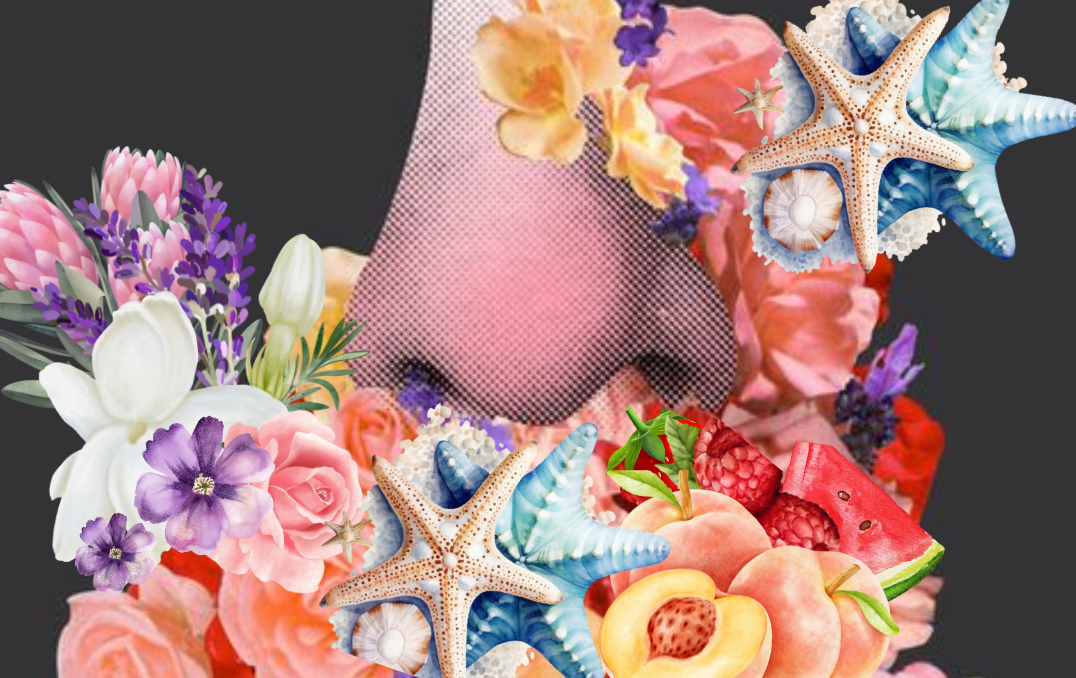The Science of Smell:
Understanding How Scents Trigger Memories
Have you ever wondered why a particular scent can instantly transport you back to a specific moment in time? It’s like magic, isn’t it? Well, there’s actually some fascinating science behind it. When you breathe in a scent, it travels directly to your brain’s limbic system, which is responsible for emotions and memory. This direct route explains why smells can evoke strong and vivid memories, sometimes more powerfully than any other sense.
Imagine walking past a bakery and being reminded of your grandmother’s kitchen or catching a whiff of sunscreen that takes you back to beach vacations. It’s all because your brain has stored these scent memories in a special way. This connection is why certain aromas can make you feel nostalgic, happy, or even emotional. When it comes to wine, these olfactory triggers play a crucial role in enhancing your tasting experience.
Nostalgic Aromas:
Common Scents That Evoke Childhood Memories
Let’s take a trip down memory lane through our noses. Think about the smell of a dirt road right after the first rain, or your favorite holiday spices. These are scents that many of us associate with happy childhood moments. Freshly cut grass might remind you of summer days playing outside, while the smell of coconut sunscreen can transport you back to lying in the sun reading your book on the beach.
Now, let’s bring this into the world of rosé wine. Imagine opening a bottle and catching a hint of fresh strawberries or blooming roses. These scents can evoke the same kind of warm, fuzzy feelings. It’s like your glass of rosé is giving you a gentle nudge to remember those carefree days. This nostalgic element is what makes wine tasting so special and personal. Each sip becomes a journey back to simpler times.
Rosé Wine Aromas:
How Rosé Wine Can Transport You to the Past

Rosé wine, with its delicate and diverse aroma profile, is a perfect example of how scents can transport you to different moments in your past. Take a sniff, and you might detect notes of summer fruits, fresh flowers, or even a salty sea breeze. These aren’t just random smells; they’re carefully crafted to evoke specific memories and emotions.
For instance, a rosé with hints of watermelon might remind you of poolside picnics, while one with floral notes could bring back memories of springtime walks in the park. Each aroma in the wine is like a little key, unlocking doors to various moments stored in your memory. This connection between scent and memory makes enjoying a glass of rosé more than just a taste experience—it’s a sensory journey.
Creating Sensory Experiences:
Tips for Enhancing Your Wine Tasting
To truly appreciate the olfactory magic of rosé wine, why not create a sensory-rich environment for your next tasting? Start by focusing on the setting. Choose a place that’s comfortable and free of strong, distracting smells. Sit in the garden or by the pool and play soft music that complements the mood you want to create. This sets the stage for a more immersive experience.
Next, pay attention to the glassware. A good wine glass can make a huge difference in how you perceive the aromas. Swirl the wine gently in the glass and take a moment to really inhale the scent. Try to pick out the different notes and think about what memories or feelings they evoke. This practice not only enhances your enjoyment but also deepens your appreciation for the wine’s complexity.
Pairing the wine with food can also heighten the sensory experience. For example, serve a fruity rosé with a light summer salad or a salty rosé with seafood dishes. These pairings can enhance the wine’s aromas and make the experience even more memorable. Remember, wine tasting is not just about the flavors on your palate; it’s about the entire sensory experience.
The Emotional Connection:
How Scents Enhance Wine Enjoyment
Beyond the science and sensory elements, there’s an emotional aspect to olfactory nostalgia that shouldn’t be overlooked. Scents have the power to evoke deep emotional responses, and when combined with the ritual of wine tasting, they can create moments of profound connection and joy. Sharing a bottle of rosé with friends or loved ones can become an experience that’s not just about the wine, but about the memories and feelings it brings up.
For instance, imagine hosting a wine tasting where each guest shares a memory triggered by the scents in their glass. This not only makes the evening more interactive but also more meaningful. The wine becomes a catalyst for storytelling, laughter, and bonding. It’s this emotional layer that makes olfactory nostalgia such a powerful tool in wine appreciation.

